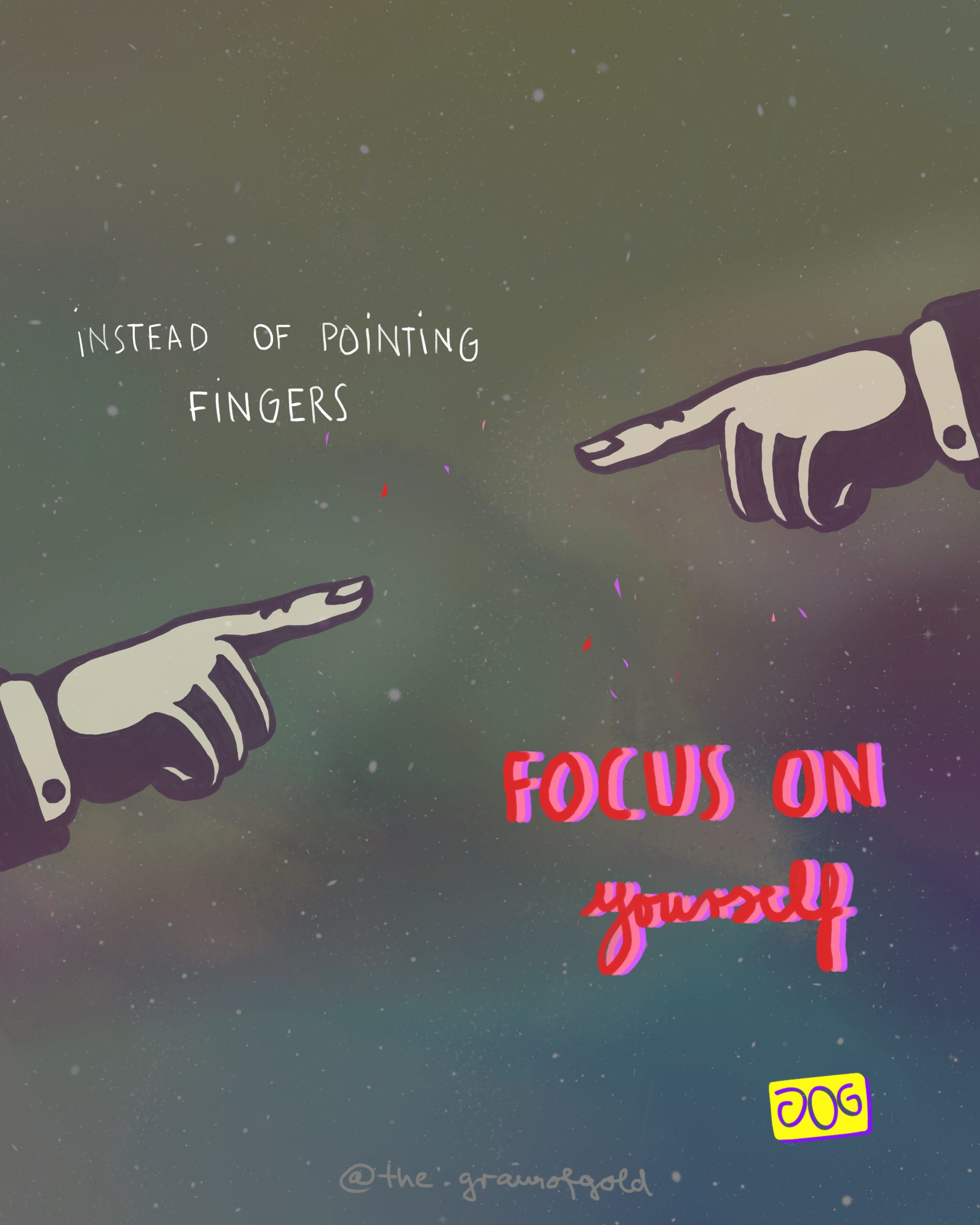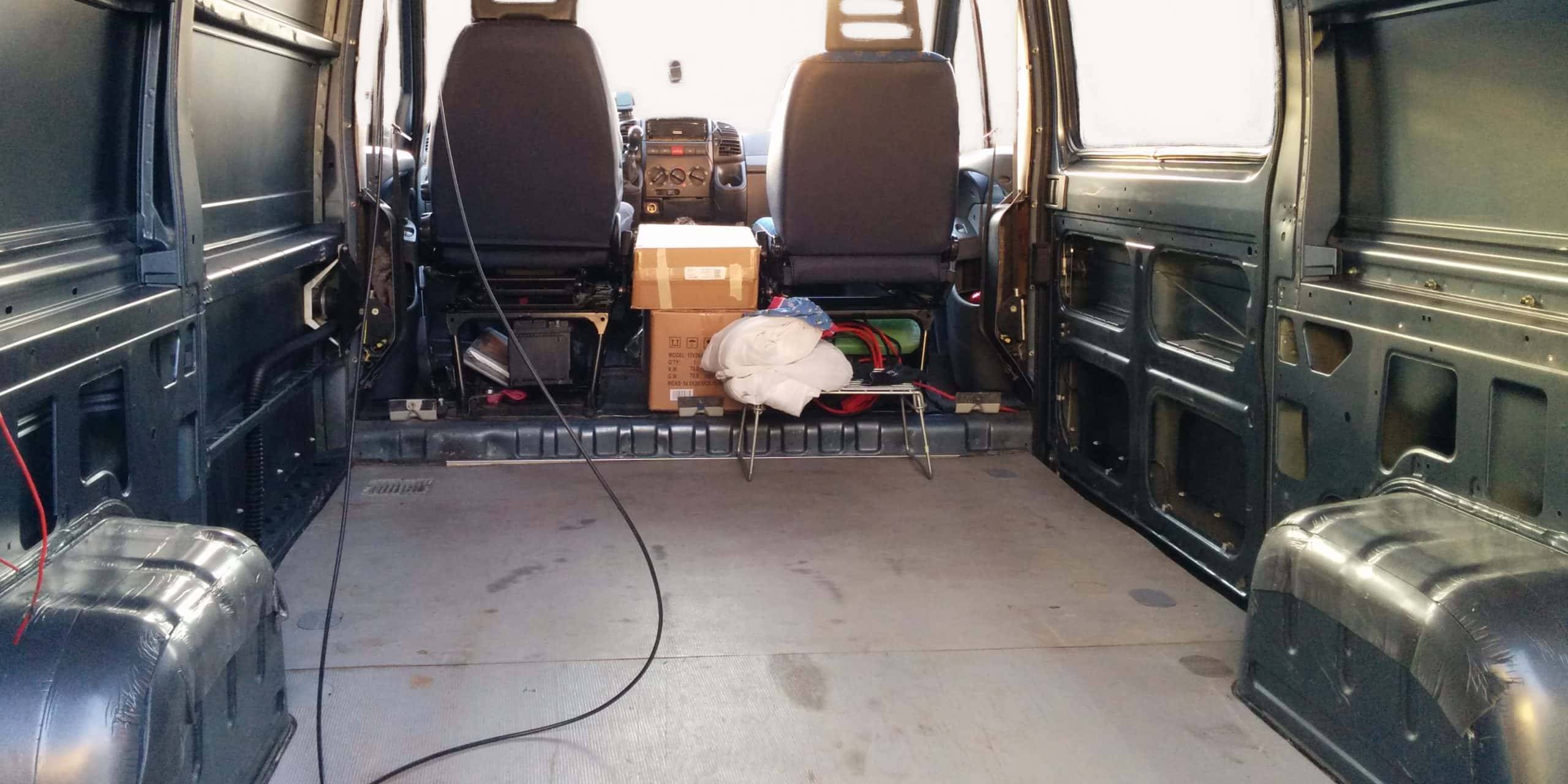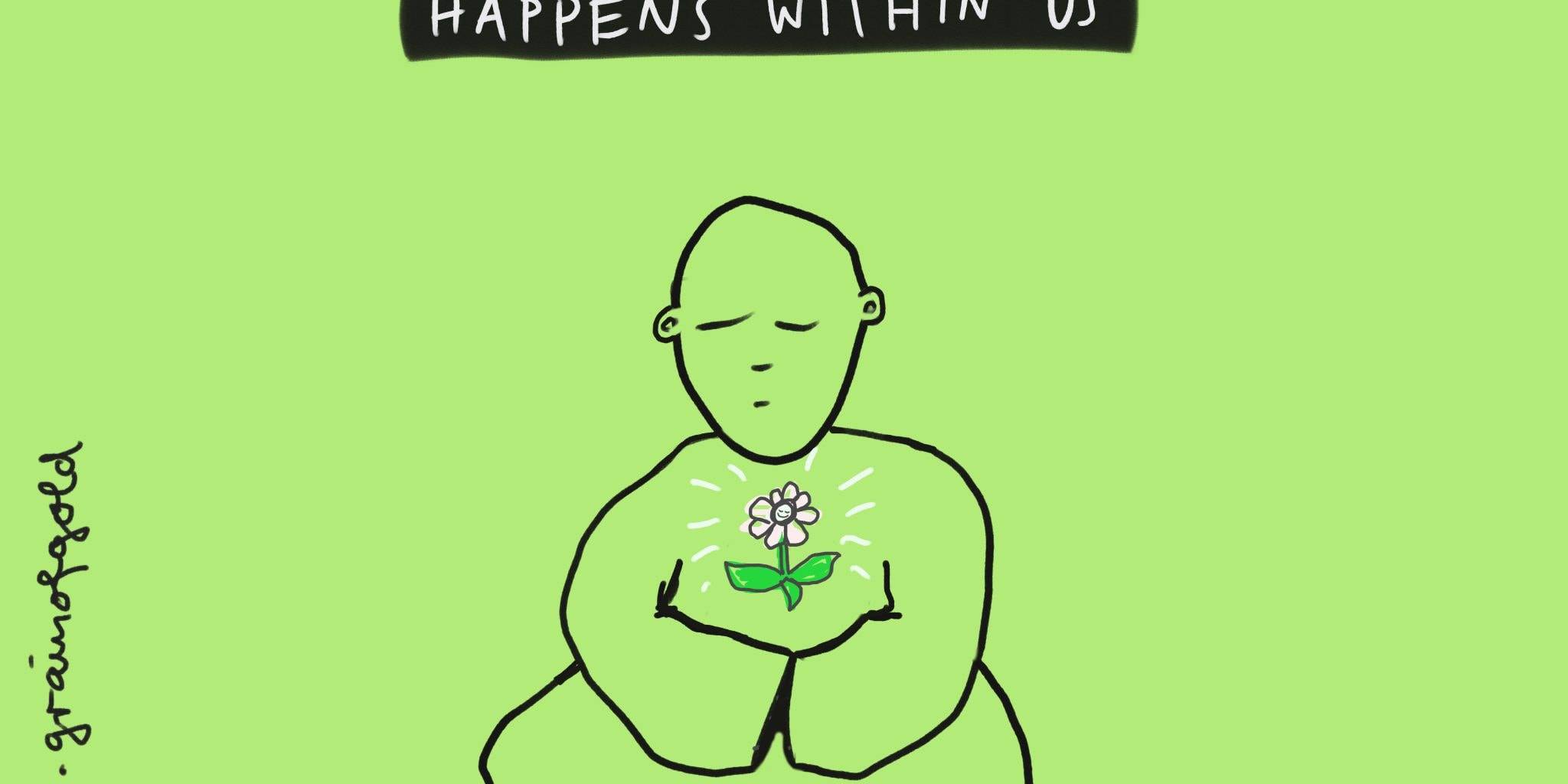The monumental shift to focus on ourselves
We often think that when we have a disagreement, it’s the other person who needs to change. We might even fantasize about sending them to a psychologist to get straightened out or fixed. Often though, we don’t see and even ignore that we play a crucial part in the problem too.
It’s easy to think we’re right and they’re wrong, but that’s usually not the full story.
There are a few self-serving biases at work here.
When we get into an argument, we tend to think we’re being reasonable and the other person is being difficult or wrong. We often blame the other person’s character instead of looking at the situation or our own actions that might have caused the conflict.
We also look for information that backs up our belief that we’re right, ignoring anything that suggests we might be wrong or that both parties have valid points.
We know how hard it is to change ourselves, yet we even want to change the other person - an effort destined to fail.
Psychologically, we defend our ego by not acknowledging our own faults in a conflict. Admitting we’re wrong can feel like a threat to our self-esteem. If our sense of identity is tied to being the “reasonable” one, it becomes even harder to see our own mistakes. Power dynamics can make this worse, with more dominant people often dismissing the perspective of others.
We know how hard it is to change ourselves, yet we even want to change the other person – an effort destined to fail. To resolve these conflicts, we need to engage in self-reflection. It’s like being self-centered but in a way that harnesses our self-interest to focus on changing ourselves. This alone can transform our interactions and relationships.
Moreover, we need to be open to actively listen to the other person’s perspective. This means really hearing them out and reflecting back what they’ve shared. Mindfulness and compassion help us understand where the other person is coming from and become more aware of our own reactions.
Practicing conflict resolution skills, like understanding the other side and finding common ground, can make a big difference. Recognizing that conflicts are rarely one-sided and require effort from both parties helps us manage and resolve disagreements more effectively. This not only improves our relationships but also helps us grow personally and emotionally.
You may also like
Peeling back the layers to finally find ourselves
In our quest to have others accept us for who we truly are,…
Stripping down the van to its bones
It takes a lot of courage to turn your mind inward and look…
From Greed to Growth: A Tale of Two Brothers’ Transformation
In a vast forest lived two brothers, Donald and Nic, born…





